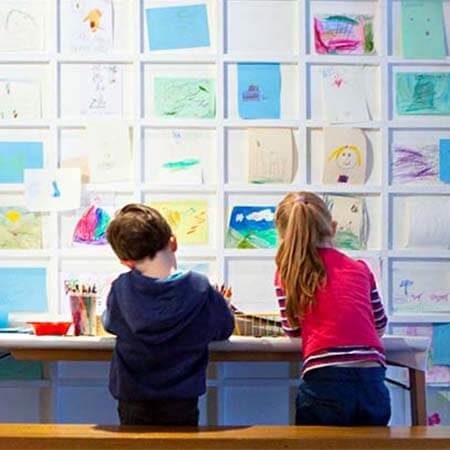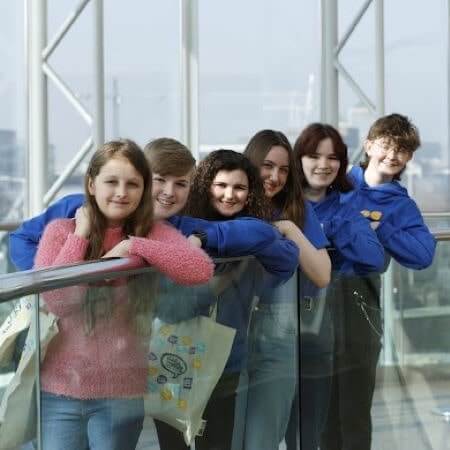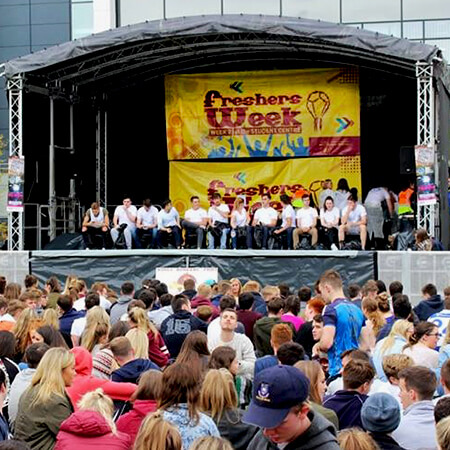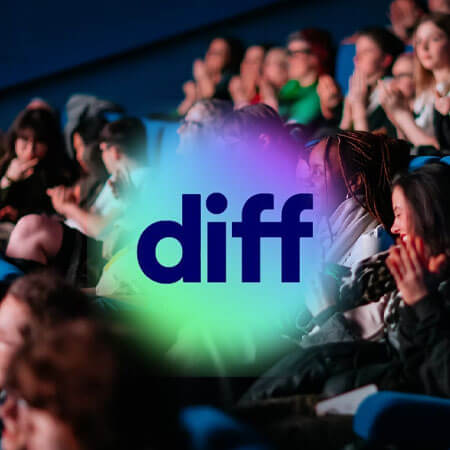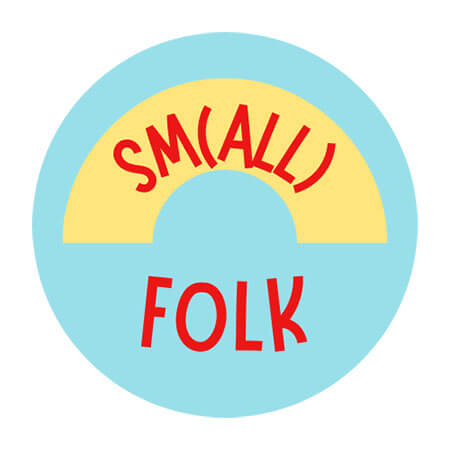What libraries might be to budding writers, CoderDojos are to the future whizz kids of tech: a place to share ideas and find inspiration with no exam pressure or set curriculum.
CoderDojo was founded in 2011 by then eighteen-year-old Cork native, James Whelton, who received international attention when he spoke at a Web Summit about how he hacked his iPad Nano to turn it into a watch.
Whelton was subsequently hounded by schoolmates wanting to know how they might learn to code. “I was never recognised as being high-achieving or academic at school. It was frustrating as I was really good at programming but getting my ass kicked by my pass maths teacher,” Whelton said. He set up a coding club and later teamed up with venture capitalist Bill Liao to start CoderDojo.
Now CoderDojo has over 220 clubs in Ireland and 1700 clubs in 75 countries around the world from Donegal to Tokyo. It is an ever-expanding movement, a place “where kids can come in their free time, they can come for a few hours, they can code, there’ll be a session on HTML5 or Objective C or movie making, giving a taste to kids of all different areas of IT so they can find out what they like,” according to Whelton.

The first rule of CoderDojo is, above all, be cool. Children are encouraged to be mentors and teachers: older kids are happy to learn from younger kids, ideas are shared freely.
Each year, Dublin’s RDS is packed with young people ranging in age from seven to seventeen, from Argentina, Bulgaria, Italy, Romania, Spain, and Japan, all gathered to demonstrate the apps, websites, games, and hardware projects they have designed and created in their local Dojo. The ‘Coolest Projects‘ showcase is a place for the young people to share what they had built during the year with the general public and with other dojos. 2018 was its 7th year.
We spoke with Nuala McHale of The CoderDojo Foundation about Coolest Projects biggest year yet, and how the exhibition has evolved over the years.
For 2018 we had over 10,000 attendees and over 1,000 young people who have developed projects
“The first one was held in 2012; there were only nineteen projects and a hundred attendees. It was quite localised in Dublin. Then by last year, there were more than 560 projects, and this year we have over 700 projects. It’s growing every year. For 2018 we had over 10,000 attendees and over 1,000 young people who have developed projects,” Nuala says.
Coder Dojo was set up as an “open source” movement and is run by volunteers, “so any school, library, offices, tech spaces, anywhere there’s a public-accessible space you can set up a dojo, and they’re free; so librarians or teachers can decide to set them up as an after-school programme. Sometimes organisations such as Accenture or Microsoft have ones set up in their office, and their employee’s children can come for two hours once a week or once every fortnight learning technical school.”
The average age in CoderDojo is thirteen but the youngest ever participant was five years old. “We focus on making it project-focused so the kids make things that they’re interested in. There’s no set curriculum.”

Nuala recalls a ten-year-old ‘Coolest Projects’ participant from 2017, Aoibheann Mangan and her award-winning project. Aoibheann’s mother was a teacher in a rural school in the west of Ireland and she started a Dojo after school. Aoibheann had no access to wifi in her own home, but she did in the Dojo where she learned coding skills. Last year, she won an award for her interactive animation game using dolls to help young people going into hospitals learn about blood tests and other medical procedures they might undergo. In October, Aoibheann was awarded EU digital girl of the year in her age category.
There are plenty of success stories like Aoibheann’s and many more to come.
There are fully qualified developers who are astounded when they see nine or ten-year-olds creating amazing things!
Ambassadors for some of the countries involved often come to the showcase.
“Last year we had the US ambassador meet a girl who travelled over from America showcasing her project and it’s a really good opportunity for them to engage with young people from their country who are doing great things with technology. Also, it’s a great opportunity for the young people to have their projects celebrated so they feel motivated to keep going.”
 Coder Dojo is more cross-discipline than a traditional science focused programme. “Because the young people are allowed to design projects on whatever topics they want and there’s no minimum standard that they have to meet. We encourage every child to participate if they have a project they want to share – it doesn’t matter if it’s fully finished, it doesn’t matter how developed it is. They have that opportunity to share with people. So it’s less about having a really polished complex project and more about the experience of sharing it with other young people.”
Coder Dojo is more cross-discipline than a traditional science focused programme. “Because the young people are allowed to design projects on whatever topics they want and there’s no minimum standard that they have to meet. We encourage every child to participate if they have a project they want to share – it doesn’t matter if it’s fully finished, it doesn’t matter how developed it is. They have that opportunity to share with people. So it’s less about having a really polished complex project and more about the experience of sharing it with other young people.”
It helps children develop a lot more than just computer skills, Nuala says. “It’s a way of thinking about problem-solving skills, to be able to break things down into manageable chunks, almost like project management: how to tackle an issue, come up with design, get feedback and make it better – definitely more than just coding skills.
“There are fully qualified developers who are astounded when they see nine or ten-year-olds creating amazing things!”
The event is free for children to attend and is much more than just a showcase. There’s practical hands-on workshops, inspirational speakers, demonstrations and opportunities to try out Virtual Reality headsets and drones and wearable tech. This is also the first year the event has been opened up to other creative technology initiatives like Code Club and Raspberry Jam and Raspberry Pi.
Inevitably young people are working on projects that the adults around them cannot begin to understand, Nuala says. “It’s really cool to see the thought process kids go through when they’re designing things and the ideas they come up with that an adult would never think of.”
CoderDojo Coolest Projects took place in the RDS on Saturday May 26. The 2019 dates will be announced early next year.

